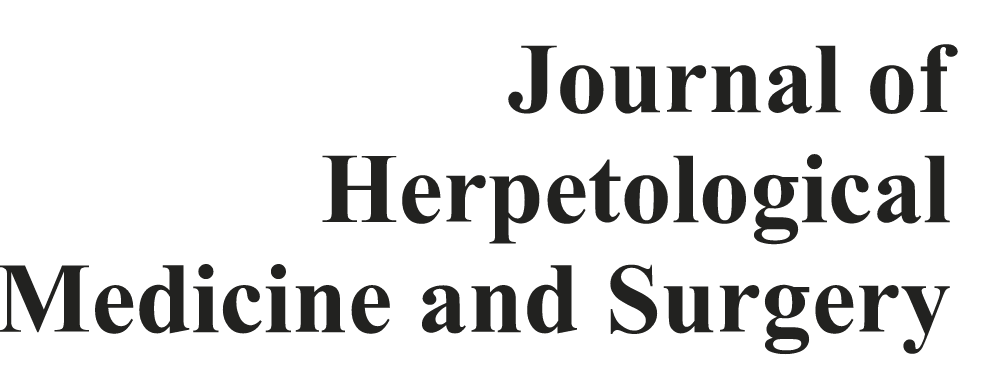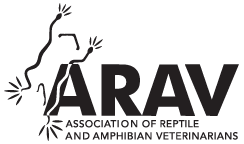Prevalence of Urolithiasis in Client-owned Chelonians and Its Association with Selected Housing and Dietary Parameters in African Spurred Tortoises (Centrochelys sulcata)
There is limited information on the prevalence and etiology of urolithiasis, although it is considered a common condition in chelonians. Several hypotheses regarding urolith formation in chelonians have been proposed, but none has been tested by epidemiological research. The objective of this study was to evaluate the prevalence of urolithiasis in a large number of chelonians and to evaluate the association between housing and dietary conditions and urolithiasis in African spurred tortoises (Centrochelys sulcata). Records of all client-owned chelonians that underwent radiographs at two institutions were extracted. Univariable and multivariable logistic regression models were built to explore associations between the presence of urolithiasis and husbandry variables. Prevalence of urolithiasis was 4.4% (95% confidence interval [CI]: 3.3–5.9%; 46/1,033) among all chelonians. Terrestrial chelonians had 64 times the odds (odds ratio [OR]: 64.2; 95% CI: 15.4–266.6; P < 0.001) of presenting urolithiasis compared with aquatic chelonians. African spurred tortoises had 22 times the odds (OR: 22.3; 95% CI: 7.7–64.5; P < 0.001) of presenting urolithiasis compared with other terrestrial chelonians. African spurred tortoises living in a confined indoor area had 3 times the odds of presenting urolithiasis compared with the tortoises living outdoors (OR: 3.01; 95% CI: 1.06–8.55; P = 0.038), and African spurred tortoises that were not fed any fruit had 0.31 times the odds of presenting urolithiasis compared with the tortoises fed fruit (OR: 0.31; 95% CI: 0.10–0.99; P = 0.049). Certain chelonians in captivity are at higher risk than others of suffering urolithiasis. African spurred tortoises in a confined indoor area had the highest risk of developing urolithiasis. As a precaution, avoiding fruit should be considered in the diet of African spurred tortoises.Abstract



